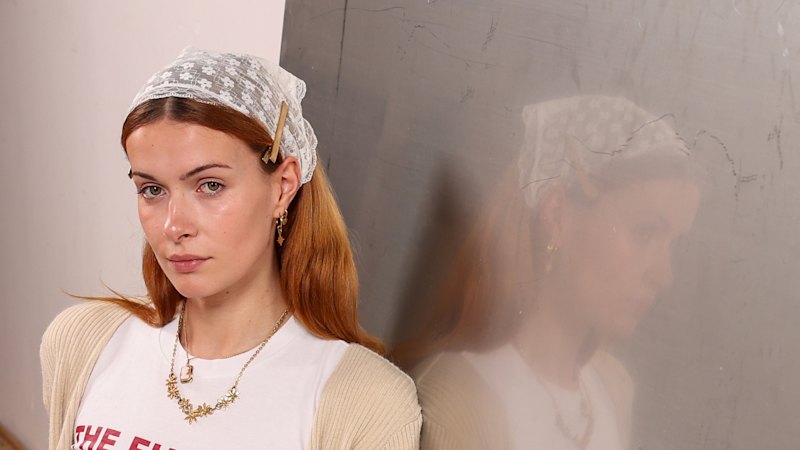
Belvoir St Theatre is set to launch a bold adaptation of Virginia Woolf’s iconic novel, Orlando, featuring a unique twist: the entire cast will perform as roller-skating Elizabethans. The production aims to capture the vivid imagery of ice skating on the frozen River Thames during the Great Frost of 1608, a significant scene from Woolf’s 1928 work. The show opens on August 30, 2023, and runs until September 21, 2023.
Janet Anderson, one of four actors portraying the title role, has embraced the learning curve of roller skating. “I won’t lie, the thought of roller skating in front of 300 people still churns my stomach a little bit,” she admitted. A graduate of the National Institute of Dramatic Art (NIDA) in 2022, Anderson expressed excitement about the ensemble’s commitment to mastering the art of skating. “It’s like Starlight Express! I’m sure the people downstairs are frustrated with the floorboards constantly creaking with us roller skating everywhere,” she added, hinting at the playful chaos that rehearsals have brought.
Exploring Gender Fluidity Through Time
The adaptation, directed by Carissa Licciardello, promises a rich blend of theatrical elements, including dancing and the use of fire. Licciardello, known for her previous work on A Room Of One’s Own, sees Orlando as a timely exploration of gender and identity. “Typically, adaptations focus on a man who becomes a woman, but the essence of Woolf’s story is about a person navigating various selves,” she noted. This interpretation aligns with contemporary dialogues surrounding gender fluidity, making it relevant nearly a century after its original publication.
In a departure from traditional casting, the production features four actors—Shannen Alyce Quan, Anderson, Zarif, and Nic Prior—all portraying Orlando. This choice not only reflects the character’s fluid identity but also highlights the diversity within the trans and non-binary communities. “We wanted anyone playing the part of Orlando to be from the trans or non-binary community,” Licciardello explained. “Each actor captures unique aspects of this character, showcasing the idea that Orlando constantly evolves.”
Anderson’s journey with Orlando began on social media, where she encountered a still from the film adaptation featuring Tilda Swinton. Captivated by the visual storytelling, she expressed her enthusiasm for stepping into a period drama as a trans artist. “When they first called me to do the production, I said, I’ll do it as long as I get to wear pretty dresses,” she remarked, emphasizing the importance of aesthetics in her portrayal.
A Playful Reinterpretation Amidst Social Challenges
While Orlando is grounded in historical context, Licciardello insists that the production will transcend typical period play expectations. “We want it to be a group of queer people taking on the idea of a period play,” she explained, emphasizing that their goal is to celebrate the existence of diverse identities throughout history without irony. The production aims to deliver a playful and engaging experience that resonates with audiences while addressing significant themes.
As the production unfolds, it arrives at a critical moment when trans rights are under scrutiny, particularly in the United States. Licciardello noted the pressing nature of these themes in today’s political climate, stating, “Things have shifted in quite an awful way over the last 12 months. It’s certainly a much harsher reality for trans people.” Despite these challenges, the team is excited to explore the celebration of queer joy that Orlando embodies.
“It’s a celebration of magic and wonder, despite what is happening in the world,” Licciardello said, emphasizing the meaningfulness of presenting such a story in the current context. With roller skates and a commitment to authenticity, the new adaptation of Orlando promises to be a vibrant and thought-provoking theatrical experience.






